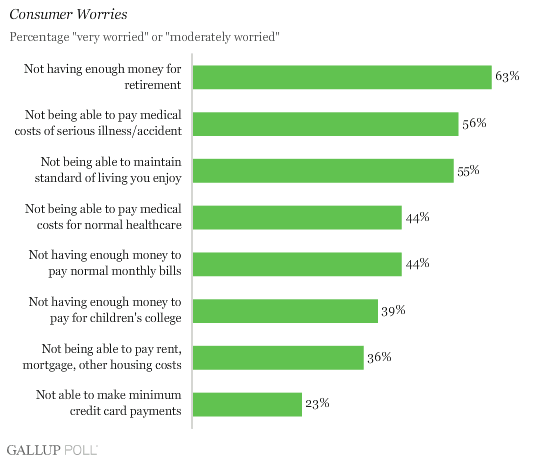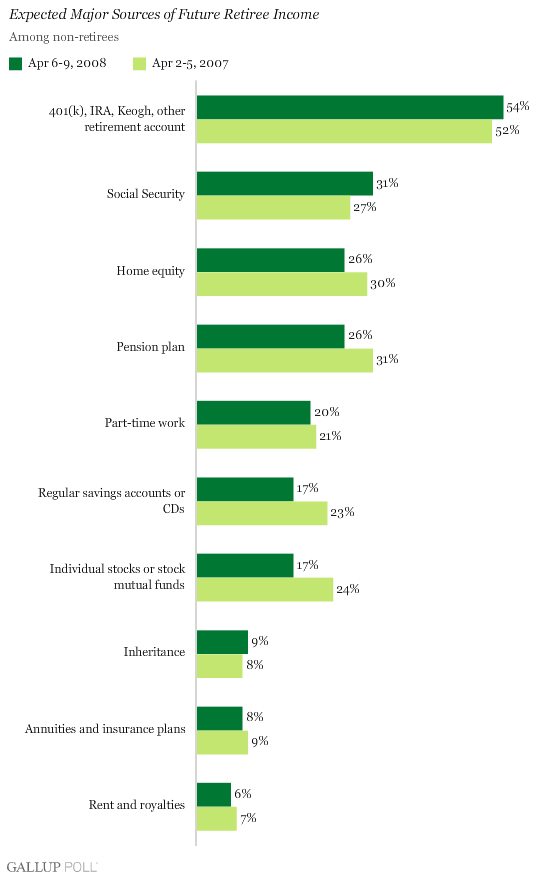7million7years live tomorrow (!) and 7million7years in the press:
Two of my favorite sites are TickerHound (the Investment Q&A Community) and the Tycoon Report (Daily Investing Newsletter); and, they’re both free!
Also, 7million7years got two mentions when these sites got together here 🙂
Now for today’s post …
Trent at the Simple Dollar rekindled this debate by asking “How Much Money Is ‘Walk Away From It All’ Money?”
I’ll let you read Trent’s post yourself, but, what often interests me most are some of the questions and comments left by readers to my posts and those on other blogs.
For example, I am often asked what my definition of wealth is; I can tell you what it ISN’T:
I DON’T like the simple numerical definitions of wealth that researchers and academics like to trot out e.g. $170,000 income per year; or $1,000,000 in assets not including primary residence; or even the often quoted Millionaire Next Door formula:
Multiply your age times your realized pretax annual household income from all sources except inheritances. Divide by ten. This, less any inherited wealth, is what your net worth should be.
To me, these are just meaningless numbers.
Then there are the passive-income-covers-current-income approaches to wealth [AJC: you may recall that Robert Kiyosaki claimed $100k p.a. passive income as = wealth for him in Rich Dad, Poor Dad]; “KC” left this example in her comment to Trent’s post:
I’ve always said “wealthy” people are folks who don’t have to work and can live off their savings, pension, social security check, dividends, and any other non-work related payments. That is an age dependant term. My 90 year old grandmother is wealthy by those standards – but I’d hardly call her style of living wealthy – but she is able to live comfortably off her savings cause her budget is so small – no car, paid for house, minimal food & utility needs.
I disagree with this definition of wealth, because of exactly that scenario: the ‘cash poor’ person who accepts a certain level of lifestyle because that is what they can afford. They have one benefit: they can maintain this lifestyle WITHOUT WORKING therefore some would consider them wealthy. But, to me, they are still just getting by …
… which is interesting, because KC then when on to show the contrast:
My in-laws are wealthy – they both have pensions and health benefits, but retired early (55’ish) due to a sizable inheritance and wisely saving money when they were younger despite knowing they’d come into an inheritance. I would describe their lifestyle as wealthy – European travel, upscale cars, very nice paid-for home.
This lifestyle has all the trappings of wealth … but, to me ‘trappings’ do NOT equal wealth. So, KC what would I consider wealthy?
Simple, it’s the definition that you provided, with an additional – but critical- twist:
It’s having the regular passive income to cover your ideal lifestyle not just your current lifestyle!
Your ideal lifestyle is the one that you measure by what you DO not what you HAVE …
… the DO part is about legacy: what, if anything, do you want to be remembered for?
The financial part of this is then simple. Just ask yourself: how much will it COST (time and/or money) and by WHEN do you need it?
When KC did the numbers she came up with the following:
But for me (a 35 yr old) to be wealthy by the no work standard would easily take 3 million. I arrived at that number by saying what amount times 8% would allow me to maintain my lifestyle on the principal generated? I chose $3 million cause in a few years I’d need that extra money due to inflation. At $3 million I could very easily pay off my home and live VERY comfortably off the 8% interest. That would make me and my husband independently wealthy. Oh well, I’m only about 2.8 million away from my goal – sigh…
Firstly, good on KC for ‘getting’ that you need a hell of a lot more than $3,000,000 AND for figuring inflation into the equation. But, here are some things that she needs to correct:
1. Firstly, she needs to work out her annual passive income requirements – it looks like she’s counting on $3 Million LESS ‘inflation allowance’ LESS Paying off current home.
2. I’m guessing that amounts to something like $150,000 a year that she’s aiming at – a healthy income, but nowhere near ‘reasonably rich’ (that would take about $350,000 – $500,000 a year income: big house, First Class flights, 5 Star Hotels, a couple of fancy cars, private schools). But, let’s assume that she has modest retirement spending requirements: she doesn’t say WHY she needs it, or HOW much … but, we do know that she needs to replace 100% of her time with money as she doesn’t intend to work at all.
3. Before retirement, KC may be able to count on a 12%+ annual compound return (over a 20 – 30 year period) on her ACTIVE investments (forget 401k’s, managed funds, index funds, etc. … to get 12+% she’ll need real-estate and direct investments in stocks), but in retirement, she will want to wind that back to, say 8% on her PASSIVE investments (now she can buy those Index Funds, if she likes).
Why 8%: because that’s the largest return that the stock market has ‘guaranteed’ over any 30 year period, in the last 100 years (the figure drops to just 4% over any 20 year period, and 0% over any 10 year period). And, then we really should deduct mutual fund and middle-man fees …
4. But, to counter for inflation and up/down market swings, KC will need to wind back her withdrawals to somewhere between 2.5% and 5% of her portfolio … 8% is right out of the question! Why? You have to reinvest at least the expected amount of inflation; KC will need a payrise if she wants to keep up with rising prices …
5. That means somewhere between $3 Mill. and $6 Mill. is the ‘Number’ for KC, or she’ll have to be content with taking ‘just’ $75,000 a year in retirement (at least, it will be indexed for inflation) … just remember, if she takes 20 years to get to that $3 Mill. it will be just like retiring on $35,000 a year today. Whilst $75k seems like a lot to most, it ain’t ‘rich’.
Maybe KC was a little optimistic in saying: “At $3 million I could very easily pay off my home and live VERY comfortably off the 8% interest”?
Do you need to shift your financial goalposts a little, as well?





